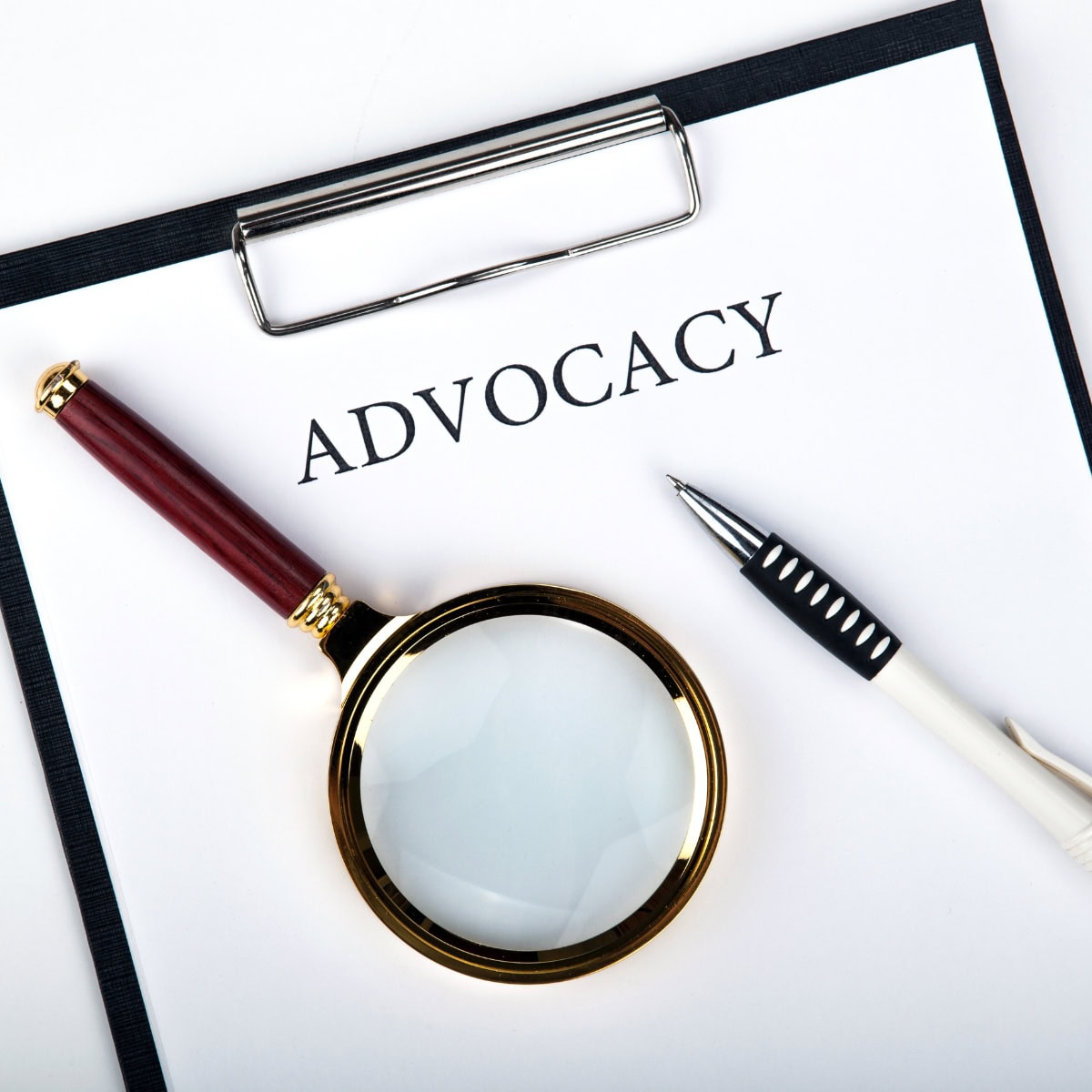As our nation mourns the death of George Floyd and the continued marginalization and racial injustice in our nation, we want to acknowledge the myriad of thoughts, feelings, and lived experiences around the world resulting from xenophobia, racism, and acts of violence. While the world has come together to focus its attention and resources on a pandemic that has forever changed the world, there have been a number of other events that have highlighted the divide. Acts of racialized violence continue to highlight the ever-present issues that perpetuate the degradation of people of color with a profound impact on African Americans.
The marginalization of people of color also extends to health disparities, which, most recently, is evidenced by the disproportionate impact of COVID-19 on minorities. According to CDC data, one third of people who have been hospitalized with COVID-19 are African American, even though African Americans make up only 13% of the U.S. population. This unequal impact on the health of African Americans extends to other health disparities when considering health complications, such as, diabetes, hypertension, obesity, asthma, and chronic stress.
As the principal leadership organization for advancing the health and well-being of college students and campus communities through advocacy, education, and research, ACHA is significantly expanding its efforts to provide resources and guidance to assist in our members to attend to, evaluate, and actively address issues of implicit bias, racism, and xenophobia in policies and practices. In order to guide these efforts, ACHA has launched a new Racial Marginalization and Health Equity Task Force. This task force will collect best practices in addressing these issues across our campus and will develop guidance and tools for our nation’s campuses to deploy locally. As a starting point for this expanded work, ACHA has compiled a list of resources below that universities can begin to leverage now as they consider how to address racial marginalization and health equity on their own campuses.
Our first core value is social justice, human dignity, and respect for all. In order to achieve this, we must acknowledge the historical and current racism, prejudice, and violence that hinder access to care and equality in lived experiences. The onus of this work cannot fall only to communities of color, but rather calls to action white communities to serve as listeners, allies, and activists in this fight for justice and an end to devastating loss. Creating safe and inclusive access to care, resources, and work within our health and wellness systems should be a consistent and achievable goal for all.
Sincerely,
Kim M. Webb, MEd, LPC
President, American College Health Association
Director, Relationship & Sexual Violence Prevention Center, Washington University in St. Louis
Resources
ACHA Guidelines: General Statement of Ethical Principles and Guidelines
ACHA Framework for a Comprehensive College Health Program
JACH Articles
(log in to ACHA website first)
- The role of experiential avoidance in the relation between racial discrimination and negative mental health outcomes
- Primary Care for Young African American Men
- The Health Status of African American College Students: A Literature Review
Tools to Consider:
- Project Implicit: Implicit Association Test
- National Education Association Diversity Toolkit: Race and Ethnicity
Other Articles:
- Reducing Racial Inequities in Health: Using What We Already Know to Take Action
- Understanding and Addressing Racial Disparities in Health Care
- How Should Organizations Respond to Racism Against Health Care Workers?
- Racism and discrimination in health care: Providers and patients
Calls to Action:
- Call or write to state legislators to require racial impact statements be required for all criminal justice bills. Most states already require fiscal and environmental impact statements for certain legislation. Racial impact statements evaluate if a bill may create or exacerbate racial disparities should the bill become law. Check out the status of your state’s legislation surrounding these statements here.
- Find out about your own institutional diversity strategies.




